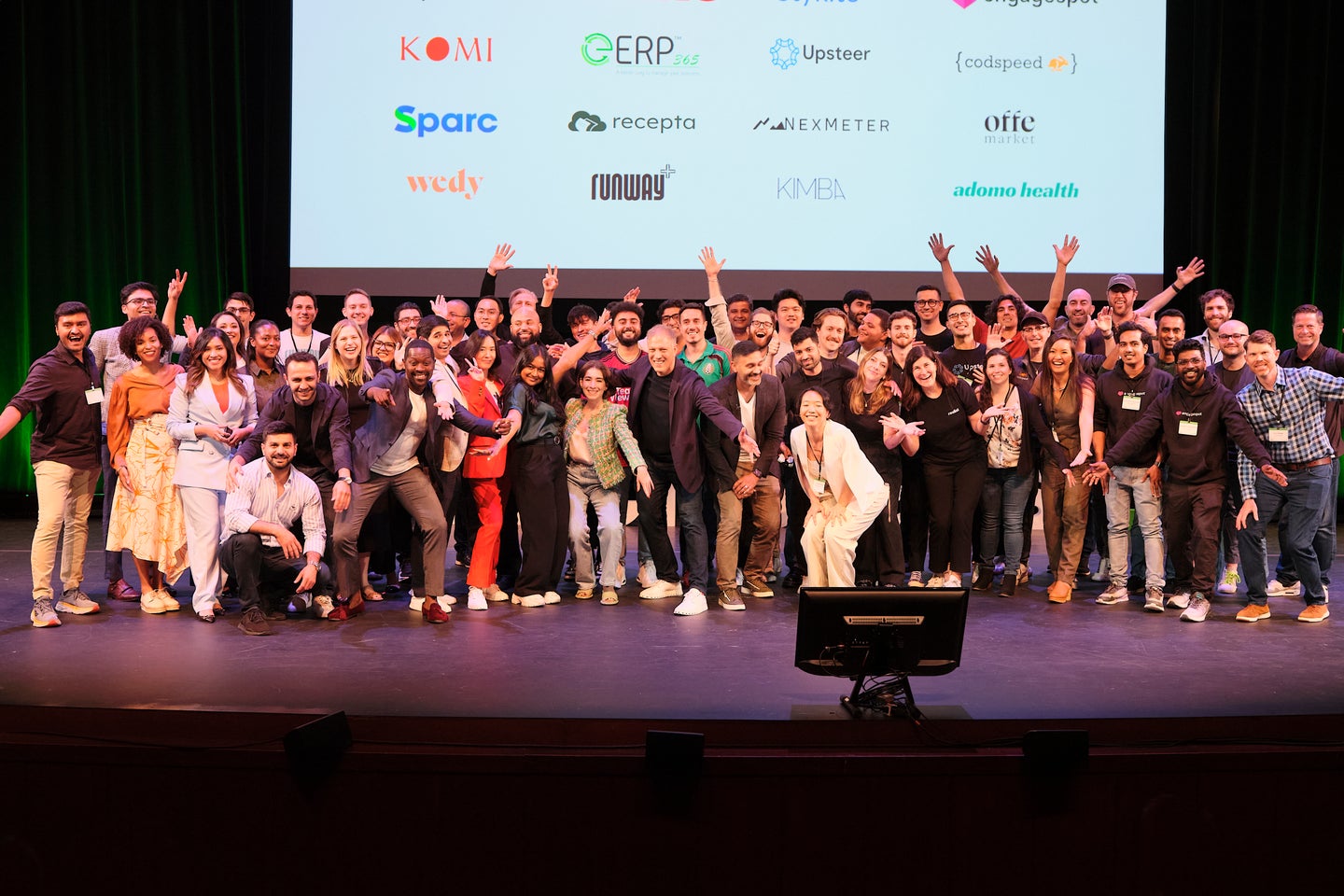Spotlight on Techstars Spring 2024 Class
Jun 13, 2024

For the first time, we’re putting a spotlight on the cohort of companies that have recently completed a Techstars accelerator. This amazing group of companies that were part of Techstars Spring 2024 class - which encompasses accelerators that started in January, February or March - comes from a wide variety of industries, geographies, and backgrounds.
Below is the breakdown of the class:
Techstars funded 268 companies via 23 accelerators. 1,731 mentors engaged with the 537 founders who were part of this class.
Industry Breakdown
36% of companies across industry verticals are leveraging artificial intelligence in some capacity (an increase of +9% compared to the past)
+26% increase in sustainability companies
+11% increase in companies focused on the future of work
+7% increase in health tech companies
-7% decrease in fintech companies
-32% decrease in software companies
It’s no surprise that more and more companies are using AI as the technology has progressed and captured a lot of hype and attention. In our portfolio, we’re seeing a proliferation of vertical-specific AI companies that have the potential to reshape several industries with new capabilities and efficiencies. In Techstars Spring 2024 class, we saw several companies go after domain-specific opportunities. In healthcare, Biomod AI uses an AI assistant to streamline the typically complex and laborious gene editing process. Agtech startup Blomso is building a live soil sensing platform that leverages AI and novel hardware integrations to reduce fertilizer usage and farming emissions. Docufi, meanwhile, deploys AI to automate the routine work in high finance.
Broadly, the changes we’re seeing in the industry makeup of companies from class to class are in line with what is going on across the startup industry. This is typical of what we’ve seen over the past 17 years that Techstars has run accelerators - startups position towards capital as much as they can.
Representation Breakdown
At heart, Techstars is a universal investor, meaning we invest in unstoppable entrepreneurs who are pursuing the biggest, most exciting opportunities, no matter their background, how they identify, their age, geographical location, and so on. For example, 27% of CEOs in our Spring 2024 class are women. Although this is far from the level playing field we want to achieve, it compares favorably with the U.S. tech/VC industry at large, where all female founding teams have garnered just 2.1% of venture capital raised so far in 2024, with mixed female and male founding teams receiving 18.6% (source: PitchBook). And whereas Black-founded startups received less than 0.5% of the $140.4B in venture funding channeled to all U.S.-based startups in 2023 (source: Crunchbase), 15% of our Spring 2024 class identify as Black or African.
15% Black or African
12% Hispanic of LatinX
7% South or South East Asian
5% East Asian
29% White
11% of founders identify as an immigrant
26% are 40 years or older
27% of CEOs are women
While we are never complacent and recognize that we still have many hard yards to run, we are proud that we are step by step moving towards a world in which all entrepreneurs have equal access to funding, mentorship and post-accelerator fundraising support. For additional details, see Techstars’ 2023 diversity reporting on our website.
Notably, we received more applications than ever for our spring accelerators. In fact, our applications doubled from the year prior. This surging demand shows that in a fundraising market that continues to be difficult, the entrepreneurial boot camp, mentorship, and post-program support Techstars accelerators offer is more valued than ever. It also reinforces how market conditions do not put off entrepreneurs. If anything, it intensifies their drive to transform the industries they operate in. We’ve seen entrepreneurs lead the way out of depressed markets before, and we expect the same from this latest group of companies.
Note on representation breakdown: The remaining 32% fall under “prefer not to disclose” or “other.”

